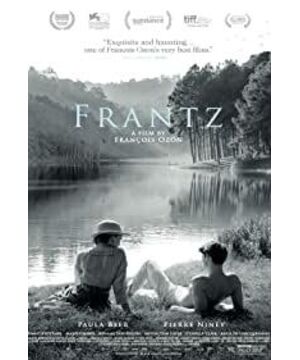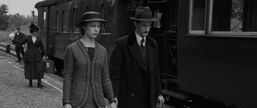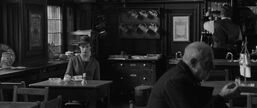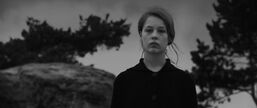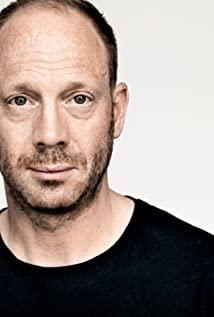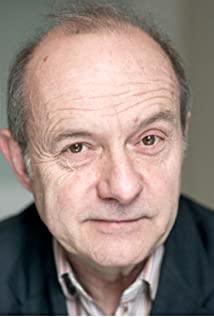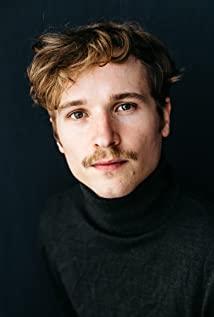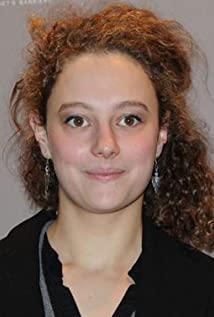The Verlaine poem you ordered has arrived, and I went to the bookstore to get it back for you. The tenderness of the camera sets off the social phenomenon in Germany and France after the war. This time, Ou Rong has no ups and downs in the plot. He just uses war as a carrier, through the incompatibility between "intruders" and "intruders", alluding to feelings and feelings about trauma, forgiveness, lies and love. Fiction is art, and art requires fiction. Unexpectedly, Manet's "Suicide" has become the spiritual pillar of "survival". Although Ou Rong has adjusted his skin, this timeless shot sets off Anna's desperate courage and Adrian's indecisive weakness, black and white, color, sadness and moving. Every deep and steady eye speaks of the majesty of the heart. Come back home, fight neatly! Ou Rong's anti-war perspective is sharp, but full of warmth. Paula Bell is so beautiful that one is full of pathos and sighs. Qiusheng's mournful cry is like a violin crying. The long and unbearable gloom stings my heart and spleen. Drifting, fluttering like the withered leaves drifting away – Verlaine's "Autumn Song" Ou Rong is really too appetizing, whether it is the self-expression found through Yuan Jiao in "Flower and Moon"; the innuendo through documentary lens in "Thank God" The moral degeneration under religious belief; or in Franz, where the tenderness of human nature is narrated through a plain and timeless lens, Ou Rong has always been in the first echelon of European contemporary genre films, and every work evokes I have been fascinated by the place where the story takes place, and I want to live and change all the places under his lens. How can people not love him with such a skillful creative method!
View more about Frantz reviews


